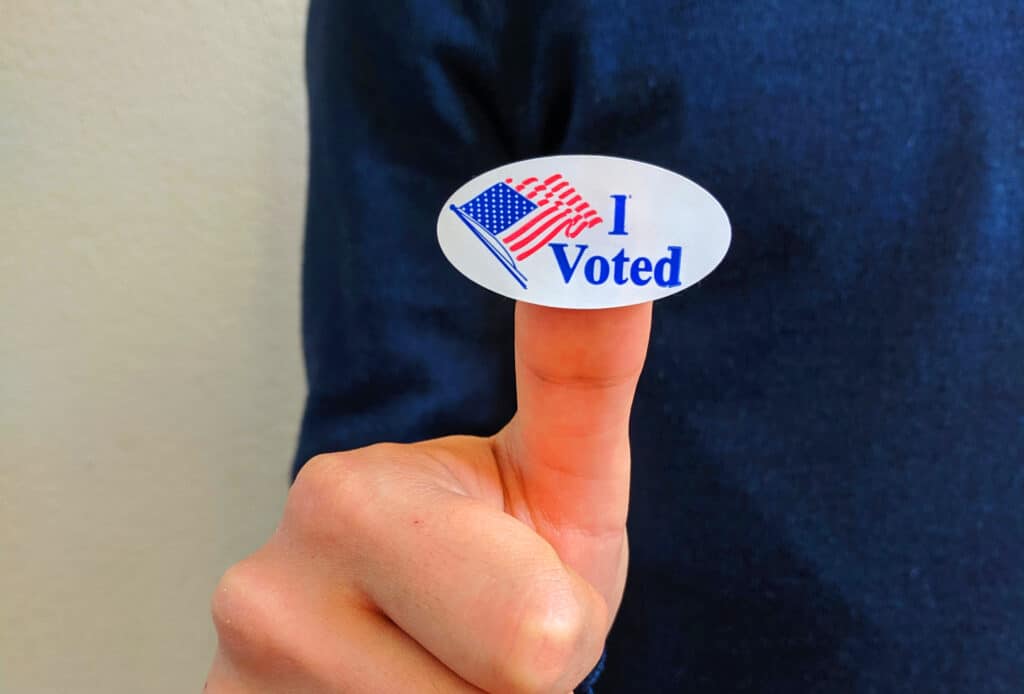
Excerpted from a Covington & Burling LLP Blog by Lindsay Burke, Even Parness, Carolyn Rashby and Nori Lu
With Election Day just weeks away, employers should quickly brush up on laws that permit employees to take time off to vote. There is no federal law permitting time off to vote, but a majority of states and the District of Columbia have some form of voting leave law, with variations regarding the amount of time off, whether the leave must be paid, and notice and other requirements. Here’s an overview:
Eligibility. Many states tie eligibility for voting leave to the question of whether an employee lacks sufficient hours outside of work to vote when polls are open. For example, Arizona, California, Colorado, Illinois, Maryland, and some other states make voting leave available only for employees who, based on their scheduled work hours and the hours that the polls are open in their state, do not have at least two or three hours outside of working time to be able to vote. New York makes the leave available to employees who do not have at least four hours to vote outside of work hours.
Length of Time Off. Laws vary in the length of time an employee may take off to vote. Many laws impose a two-hour limit, such as the laws of the District of Columbia, Illinois, and New York; a few allow employees up to three or four hours; and still others, like California, Minnesota, and Texas, do not specify a limit but require that employees be permitted to take the “necessary” time to vote.
Paid or Unpaid Leave. Crucially, most laws require employees be paid for the time off to vote, or a portion of it. For example, California, Colorado, New York, and the District of Columbia permit employers to limit paid leave to two hours, and employers cannot require employees to use another form of paid time off (PTO) in an employee’s existing PTO bank. Some laws are silent on payment, while others impose unique rules. For example, Illinois requires that employees must be paid for time off to vote in general or special elections, but the statute is silent about primary elections.
Required Advance Notice from Employees. Some voting leave laws require employees to provide advance notice of their intent to take time off to vote. For instance, California requires employees to provide at least two working days’ notice before an election if, on the third working day before the election, the employee knows or has reason to know they will need time off to vote. New York requires two days’ advance notice but not more than ten days. Some jurisdictions require only a “reasonable” amount of notice, and others are silent on the issue of notice.
Anti-Retaliation. As a general matter, many voting leave laws prohibit employers from disciplining, discharging, or taking other adverse action against a worker who requests or takes time off to vote consistent with the provisions of the statute.
* * *
Given the variations in voting leave laws, employers should be certain to check the applicable requirements based on where their employees are located. Many voting leave rules are available on state board of election or secretary of state websites.
For the full story, please click here.
